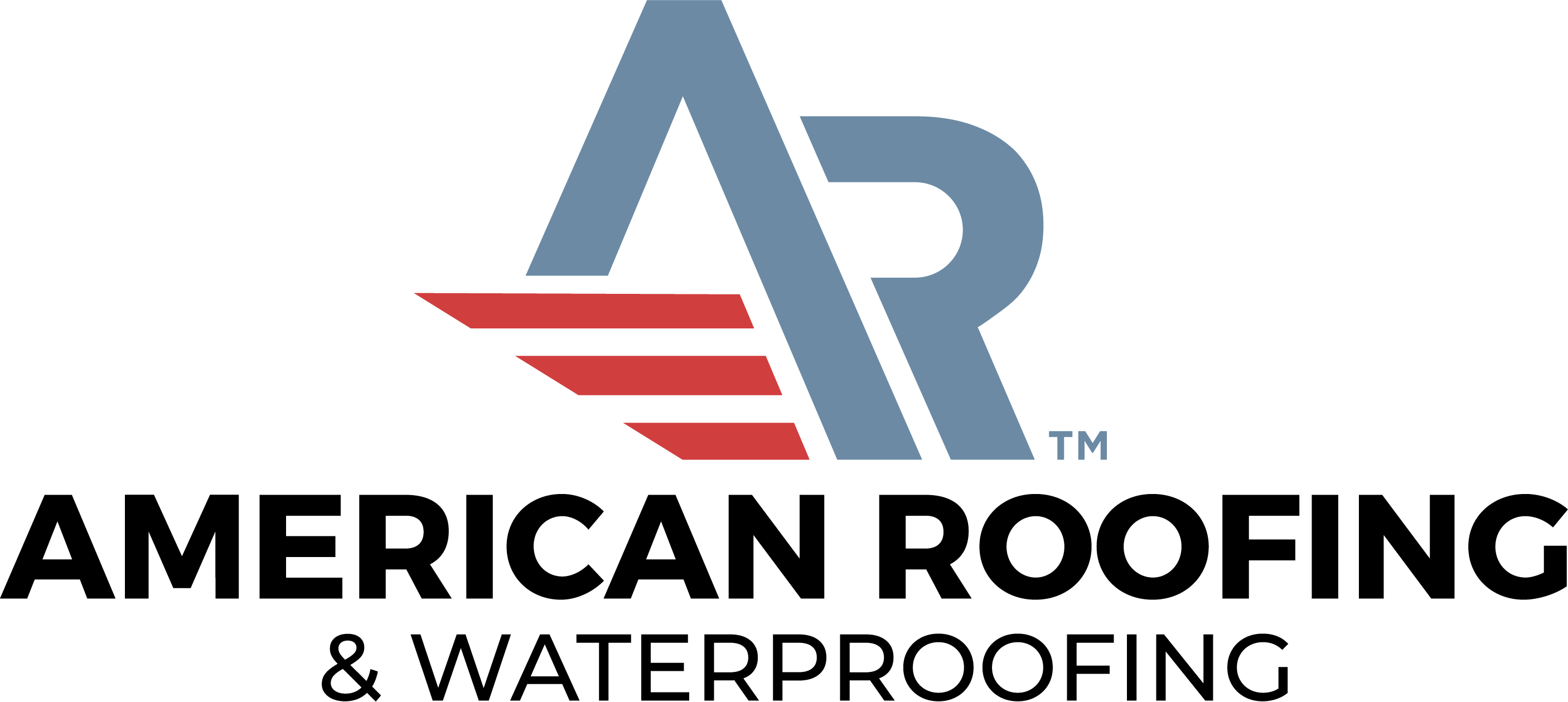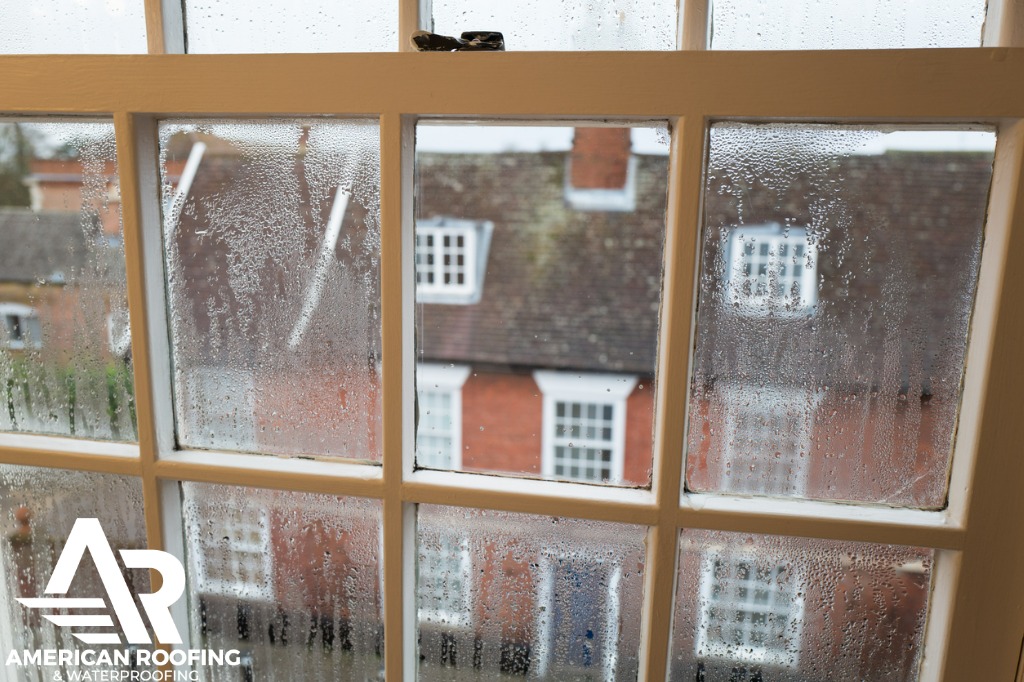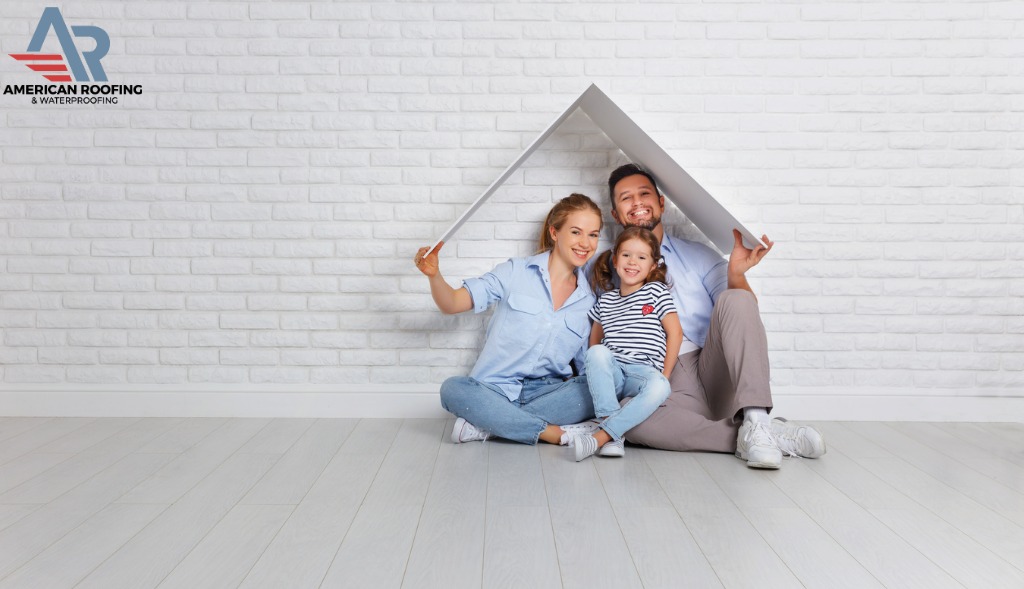Every pro and con you need to know about rolled roofing.
When it’s time to have your roof worked on, you might be considering a multitude of options. Everywhere from cost, longevity and how your roof will look aesthetically might be influencing your choice of project. Homebuyers oftentimes look into rolled roofing as it is a less expensive option, however with advantages comes disadvantages. This type of roofing should never be done by anyone other than a professional roof contractor. We’re here to give you the rundown on all things rolled roofing!
What Is Rolled Roofing?
Rolled roofing is a material commonly used in the roof installation process of buildings that have low sloped roof pitches. The pitch of the roof and the vertical and horizontal will determine whether the roof is designed to handle the process of rolled roofing. The material is similar to that of asphalt shingles, which is usually a felt or fiberglass mat that gets saturated with asphalt and faced with granular stone aggregate. However, when compared to asphalt shingles, rolled roofing is considerably cheaper, thinner and less durable.
Pros
While rolled roofing isn’t usually the recommended method of installation, there can be a few benefits that intrigue home buyers. A few pros include:
● Less expensive
○ Other materials like asphalt shingles and composite can be costlier.
● Easy to install and handle
○ Rolled roofing is lightweight and low maintenance.
● Low sloped roofs are compatible with rolled roofing
○ Roll Roofing can cover low-incline roofs, giving necessary protection from external threats such as weather, leaks and mold.
● Transportation is easy
○ Due to its lightweight, rolled roofing is extremely portable, as it is rolled up, unlike shingles that are heavy and awkward to carry.
Cons
● Less attractive as opposed to more expensive materials
○ This type of roofing comes in limited colors, usually black or gray, and tends to look on the cheaper side.
● Not very durable
○ As its price tag is lower, so is rolled roofing’s durability. Its thin material makes it easily teared and deterioration is common.
● Limited lifespan
○ Rolled roofing only lasts anywhere between 5 to 8 years, while other roofing materials can last anywhere from 20 to 50.
● Poor resale value
○ Homes with rolled roofing don’t normally retain value, as potential homebuyers find it a turn-off due to its aesthetic appeal and short lifespan.
If you have questions about rolled roofing, do not hesitate to contact American Roofing & Waterproofing! This type of roofing isn’t for every property, so please make sure to inquire with us and do not attempt this style of roofing on your own.



